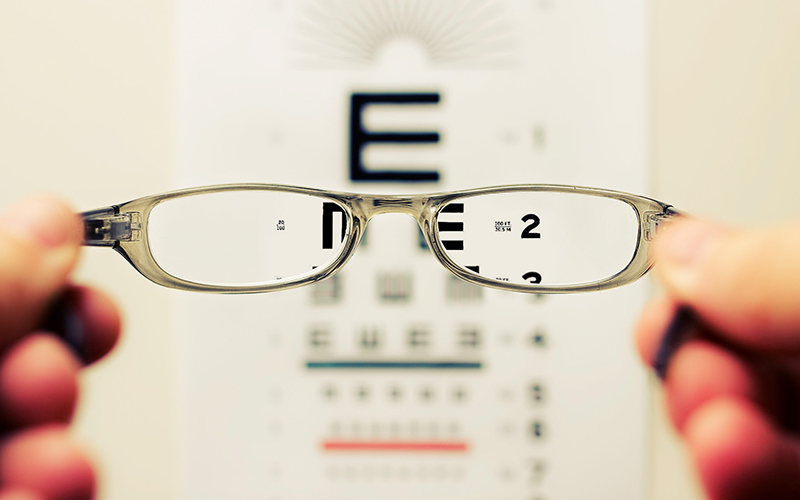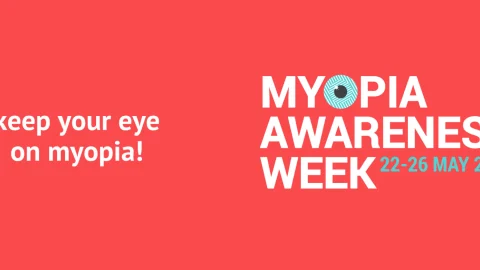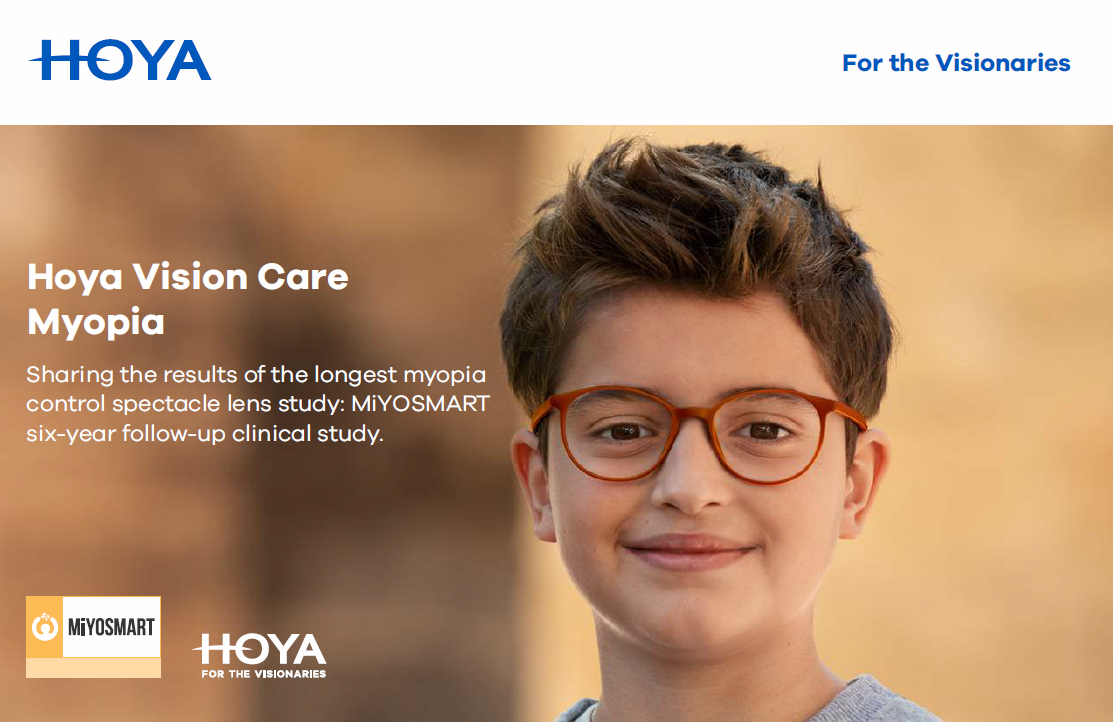When was the last time you had your eyes tested?
Are you aware that eye disease development generally starts after the age of 40 and the risk increases with each decade, therefore you should have your eyes examined at regular intervals. Regular eye examinations will help save your vision.
What is Presbyopia?
As we get older we experience a change in our vision, making it difficult to focus on close range work. This is the natural condition called Presbyopia, a Greek word meaning “old vision”. It affects our eyes’ ability to focus. Presbyopia occurs gradually as flexibility is lost in the lens of the eye where focusing takes place.
What is Glaucoma?
Glaucoma occurs when fluid in the eye doesn’t drain well and pressure builds up, affecting blood vessels and nerve fibres in the back of the eye. This results in a gradual loss of eyesight. If left untreated, glaucoma can lead to permanent vision loss.
What is a Cataract?
A Cataract is a clouding of the lens of the eye. Symptoms include blurred or double vision; sensitivity to bright light, ghost images and a a frequent need for new eyeglass prescription.
TODAY’S SOLUTIONS
traditional solutions have been reading glasses or bifocal lenses. Progressive lenses offer a more effective solution. They provide clear, continuous vision at all distances – up close, mid-range and far away – so wearers enjoy more natural vision. Plus progressive lenses don’t have the unattractive line found in bifocals, so wearers not only see better,they look better.
Progressive lenses are more convenient – unlike reading glasses, they can be left on for all your daily activities.
What choice is best for you?
that depends on your age, prescription, occupation, hobbies and lifestyle. There is a large variety of lens options available. The more information you provide about your life and visual requirements, the better your eye care specialist can match you with the appropriate lens.
Eyewear tips from Standard-Vista Optical:
- Clean your spectacles daily with warm, soapy water or a lens cleaner and a soft cloth. Use enough liquid so that the dust on the lenses does not scratch your spectacles while you are cleaning them.
- Ask your Optometrist for a scratch-resistant coating for your new spectacles. This will keep your lenses looking good.
- See better and help people see your eyes better by getting an anti-reflection coating.
- Do have your spectacles professionally adjusted to prevent them from sliding. If you wear rimless frames, have them adjusted every one or two months.
- Ask your Optometrist about no-line progressive lenses if you need bifocal lenses.
- Don’t let eyewear limit your style. Consider eyewear as an accessory, like jewellery.
- Don’t select spectacles so large that they hide your eyes and half your face.
- Choose spectacles that are as wide as the widest part of your face. Select frames that follow the line of your brow ithout crossing it. Consider thicker, darker frames if you have heavy eyebrows. Only select large frames if you want to create a strong, dramatic look.
- Seek the assistance of your Optometrist who can help you find attractive and comfortable eyewear to best fill your vision needs.
- Protect your spectacles from getting damaged – always store them in there protective case when not in use.
Ways to see better and protect your vision during your mature years:
- Plan thorough eye examinations every year after the age of 40. Eye disease development generally starts after age 40, and the risk increases with each decade. these examinations will help to save your vision.
- In sunlight, wear sunglasses that provide 99% protection against ultraviolet rays A and B. The longer you have been out in the sun without UV protection, the longer it will take your eyes to adjust to changing light.
- Be alert for symptoms of vision problems such as blurred vision, spots, double vision. See your Optometrist or Ophthalmologist promptly if you notice any of these symptoms.
- Wear the right spectacles for each activity. You may need more than one pair.
- Use your eyes, but take periodic rest breaks from intense concentration and intentionally blink. If your eyes tire easily, have your prescription checked.








